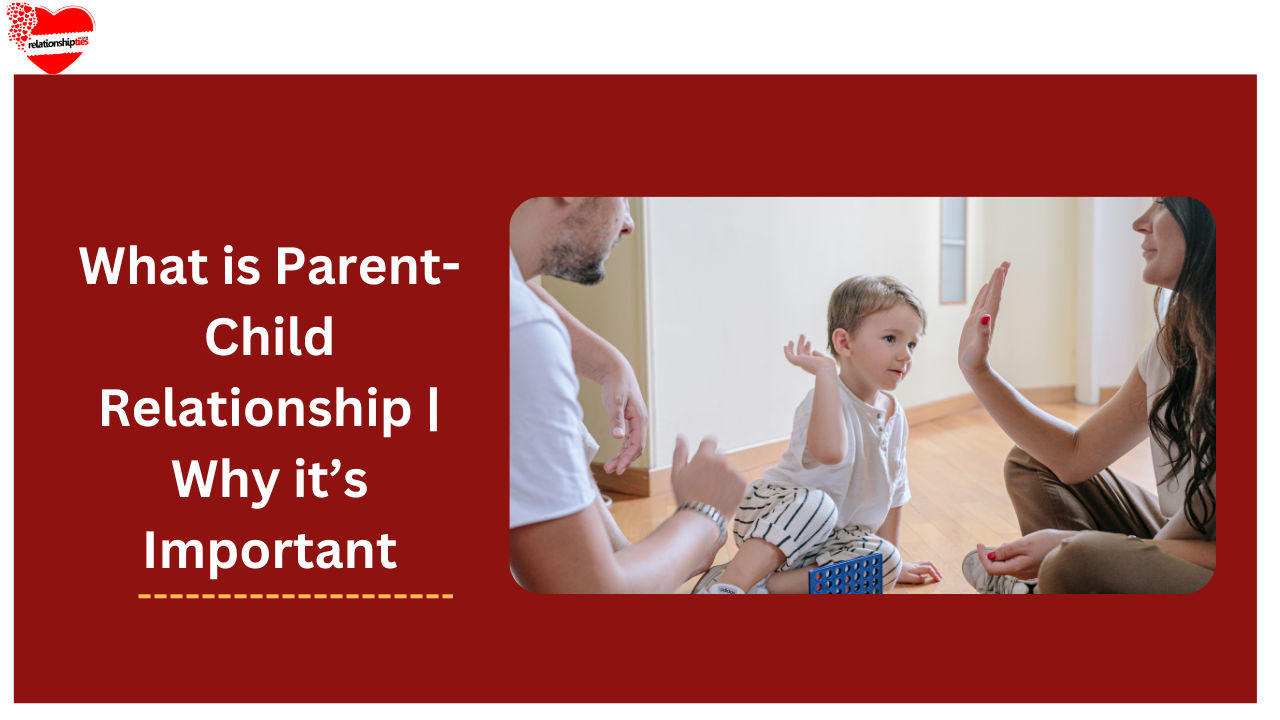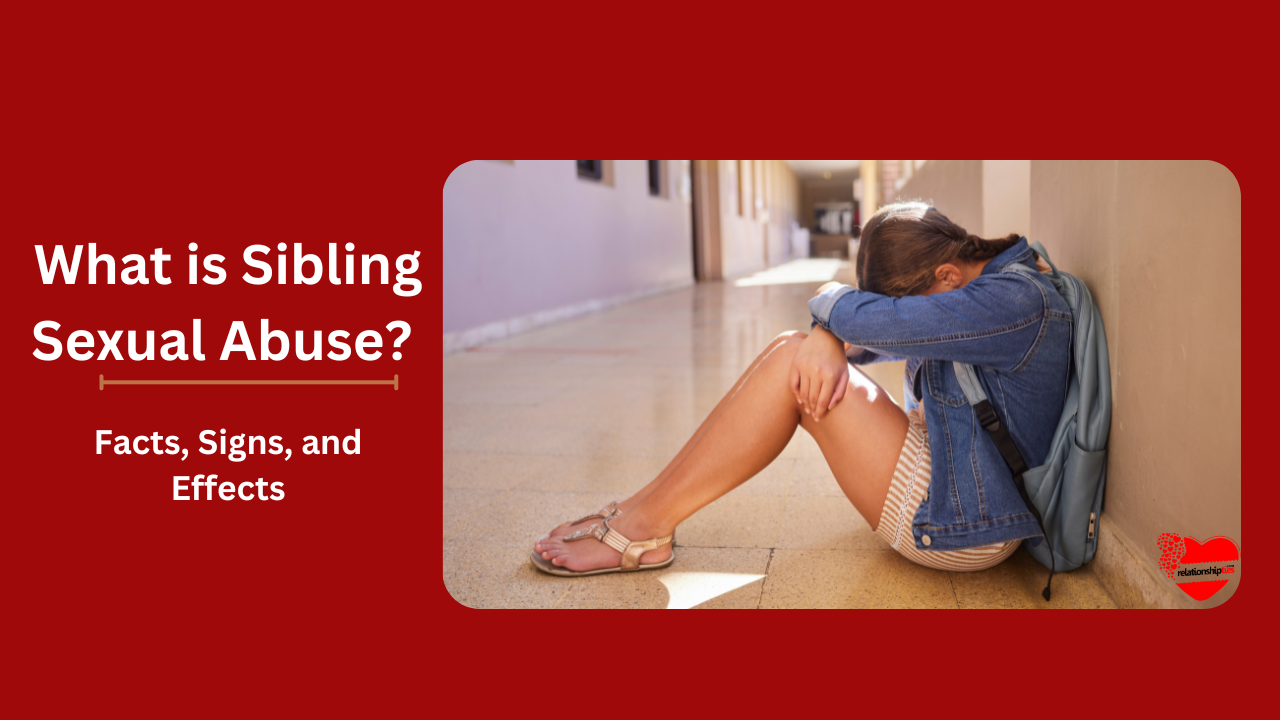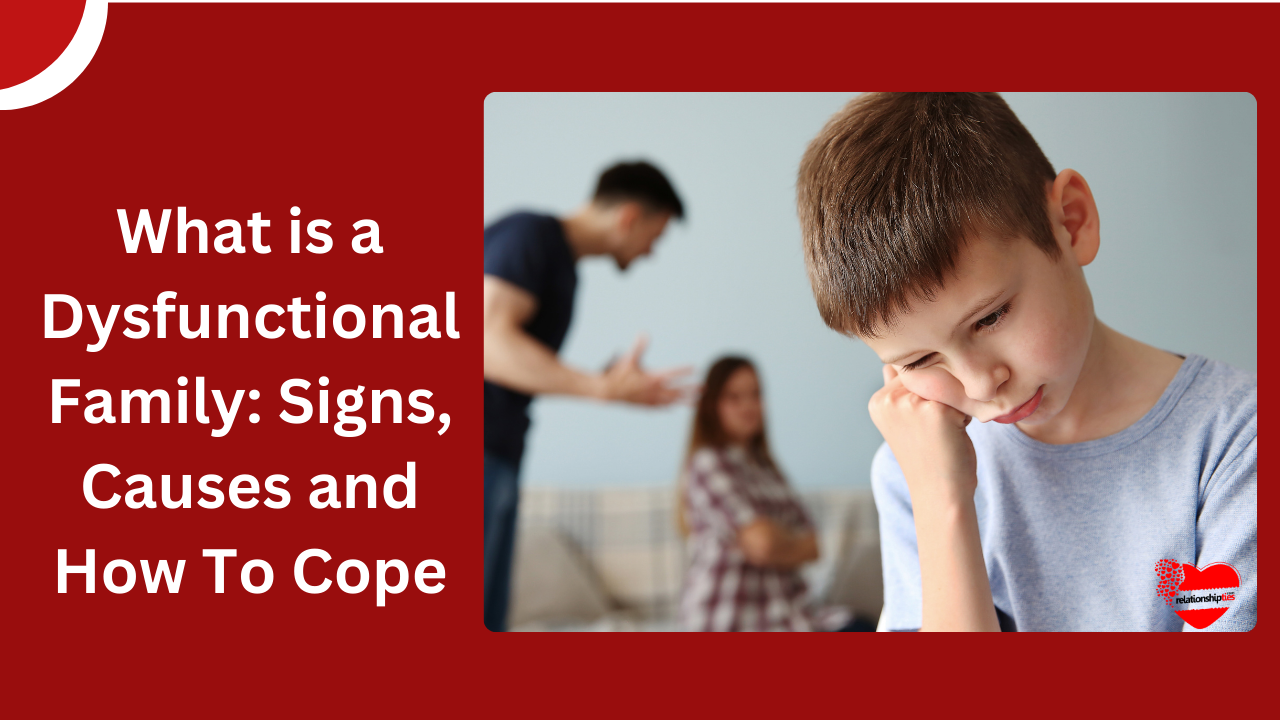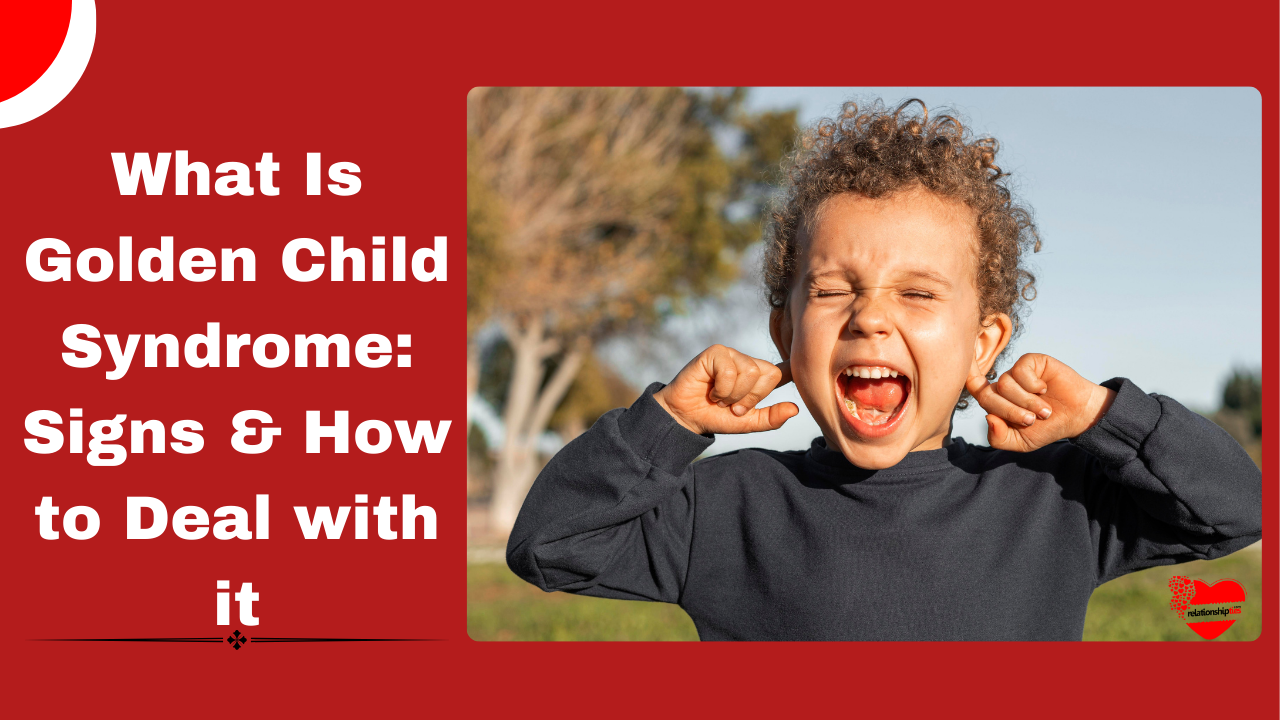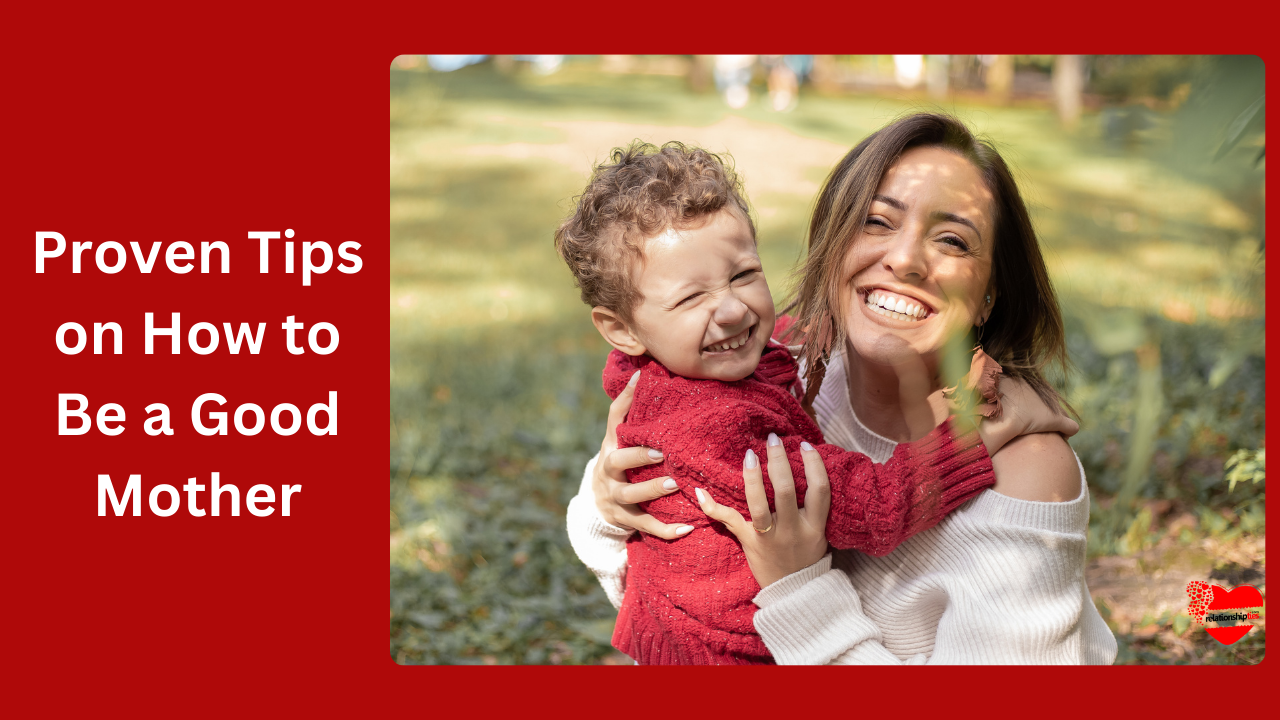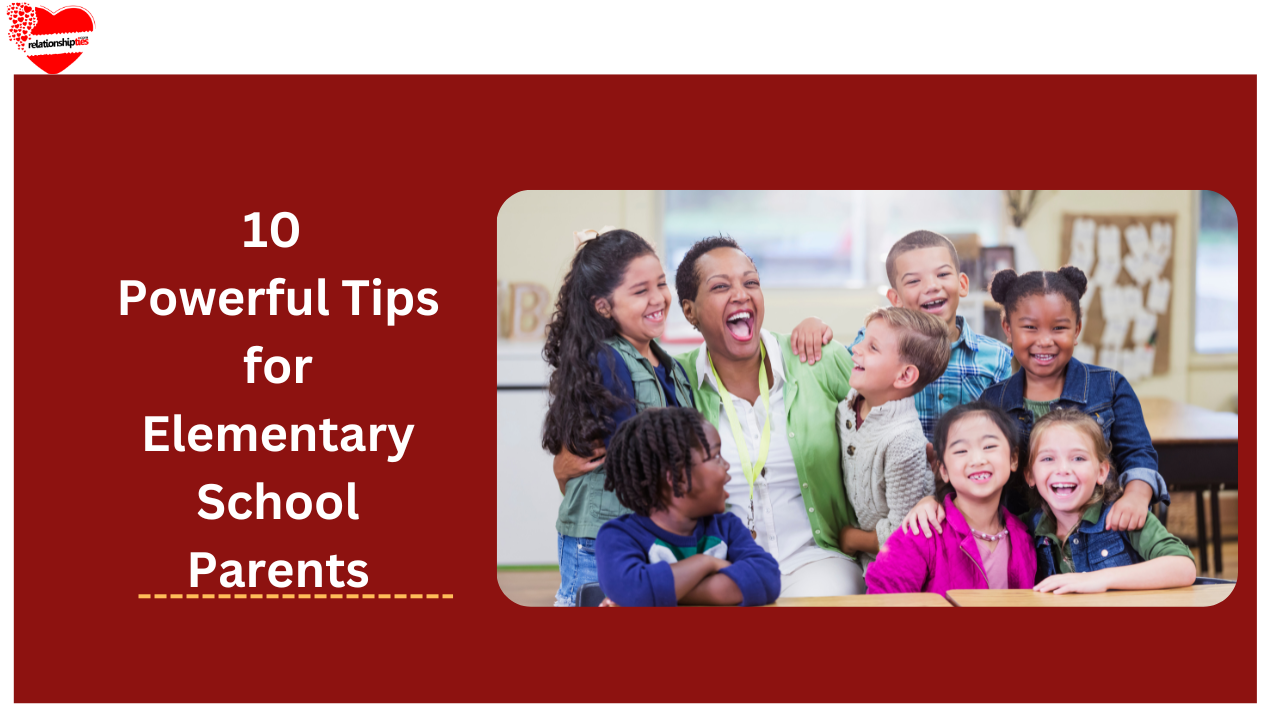When you hear the words ‘parent-child relationship’, what comes to your mind? Although it sounds simple to answer, there is a deeper understanding. Parent-Child Relationship involves a unique and lasting bond between a parent and child.
To understand the relationship between parents and children, we must look at how parents and children interact physically, emotionally, and socially. Think about your parents.
How has your relationship with your parents affected who you are today, or are you? Many psychologists believe that parent-child relationships are essential in determining who we are and how we interact with others and the world.
Parenting is the most rewarding and fulfilling work you can imagine, although it can be very stressful.
Table of contents
What is Parent-child Relationship?
According to study.com, the Parent-child relationship refers to the unique and enduring bond between a caregiver and their child.
Similarly, it deals with how parents and children relate physically, mentally and socially.
Description
Many psychologists believe that the relationships between parents and children determine who we become and how we relate to others and the world.
Read Also: 4 Types of Parenting Styles | Definition and Effect
Why is the parent-child relationship meaningful?
The parent-child relationship plays a significant role when discussing developing a child’s social, emotional, mental and even physical state.
However, this relationship lays the foundation for the child’s personality, life choices, and general behaviour. It can also affect your physical, physical, mental and emotional health.
Importance of Parent-Child Relationship
The impact of a positive parent-child relationship cannot be over-emphasized
Always Happy with others
A child with a positive and healthy parent-child relationship with their parents will always feel happy and comfortable around others.
Portrait Good Behaviour
Positive Parenting, a child, gets helps them demonstrate good behaviour outside. The child tends to socialise freely with others and can ever trust people easily without being scared of being hurt.
Improves a child’s Skills
The kind of parent-child relationship a child gets from the parent affects the skills they are likely to possess. A child that experiences positive parenting tends to have improved communication and leadership skills.
Problem-Solving Ability
Adapting to security leads to a healthy emotional, mental and motivational process. Children also gain a more remarkable ability to solve problems when they have a good relationship with their parents.
Manage Emotional Stress
Also, a child that experienced a positive parent and child relationship learns to manage emotional stress and difficult situations.
Stages of Parent-Child Relationship
The parent-child relationship has different stages, each with unique demands and responsibilities. Let’s look at them together.
Infant Stage building warmth and security.
This is the first stage of a parent-child relationship. It is known as the building warmth and security stage. The child often cries, eats, sleeps, pee, and poop at this stage. And in response, the parents hold, feed, burp, change and wash the baby. These interactions lead to expectations.
Secondly, at this stage, the child gets cranky whenever he is hungry and feels happy and excited when fed fully to his satisfaction.
Parents’ primary function of nurturing, loving, and caring for their child creates a well-defined and unique parent-child relationship.
Toddlerhood Stage
The child starts learning to crawl and walk independently in this second stage. This excitement comes when they start working on their own without having to hold someone. However, the child is said to be stepping into society at this stage.
When the child becomes a toddler, the focus is on shaping the child’s behaviour by teaching, guiding, and nurturing him.
Furthermore, this stage of the parent-child relationship prepares the child to fit into a social group or society at large.
Preschool
At this parent-child relationship stage, the child starts developing a parenting style.
However, you cannot use one particular style consistently across all situations; you must use a combination of strategies to raise children. And the parent-child relationship can be best described by the current parenting style adopted by the parents.
School-age
The child starts knowing about the world beyond home. The child is enrolled in elementary school and starts meeting friends and peer groups, unlike when all his focus is on the parent.
With the child’s increasing cognitive and social skills, he goes beyond the home setting.
At this point, the child can express their feelings and make demands about his likes and dislikes. However, Your parenting style will decide if the communication will be two-way or one-way.
Parenting styles remain the same as the child grows, and the style used in preschool continues to affect even in middle childhood. Research studies indicate that in the case o
Adolescence
The parent-child relationship at this stage demands that personal space be given to the kids. Teenage is a turbulent and vulnerable phase, which brings about physical and psychological changes in the child.
Note, Parents should acknowledge and understand their teen’s needs, support them, and give them the freedom they need without being overly controlling.
Parenting with love and acceptance by adopting a positive approach, even during challenging times, can effectively guide teenagers.
Adulthood — talking on equal terms
Adulthood is the time when stability starts setting in. The parent and the grown-up child can now relate to each other. Adult children are sometimes torn between their personal and aged parents.
It can be stressful to balance between the two. However, most adults do maintain a healthy relationship with their parents.
The requirements and priorities of one family are different from those of another. For instance, the bond you share with your child may not be the same as the one your friend shares with their child. This means that your type of parent-child bond differs from your friend’s.
So, what is your type of bond?
Now, this leads us to the types of Parent-child Relationships…..
Read Also: Personal Development | Building Your Life
Types Of Parent-Child Relationships
Parenting Styles might be a result of the types of relationships. A P and child Relationship can be broadly categorised into the following (8):
Secure relationship
This is formed when the parents consistently respond to their children’s needs.
Note that a child who has a secure relationship with the parents is more likely to be independent and self-confident later.
The child interacts well socially and is better able to regulate their emotions.
Avoidant relationship
This type of Parent-Child Relationship is formed when the parents are not responsive to the needs of their children. The children are independent and take care of themselves as children.
Kids who experience this relationship are likelier to have poor social skills (e.g., withdrawal or aggression) and tend to be disobedient and impulsive.
However, this does not imply they are destined to fail. Change can certainly occur as the child grows.
Unorganised relationship
In this relationship, parents neglect the children’s needs, and the kids learn not to expect anything from their parents. In such cases, one or both parents likely suffer from psychological conditions.
These children engage in meaningless activities and behave unusually.
Some speak fast, making it difficult for others to comprehend their speech or behaviour.
Ambivalent relationship
The needs of the child are sometimes met and sometimes not. Parents respond but only sometimes.
For instance, the parent might respond to a child hungry or crying after some time as they are busy with work. But they might respond after some time. These children grow up to be clingy and tend to be over-emotional.
Read Also: 11 Ways Parent-Child relationships can be Strengthen
Parent-child Relationship Tips
There are parenting tips you can follow if you want to develop or build a positive parent-child relationship with your kids. However, some of these tips include;
#1. Having a lovely interaction
Treat every interaction as an opportunity to connect with your child. Be warm in your expressions, give eye connections, smile and encourage interaction.
#2. Have rules
Try talking to your children in a way they will understand. Make rules and set boundaries that they should follow as structure and guide to their life pattern.
#3. Give your kid listening ears
Acknowledge your child’s feelings, show them you understand, and reassure them that you are there to help them whenever they have problems.
#4. Try solving their Problems
Help your child to problem-solve. Be a good role model and show them how to behave through your actions.
When you work with your children to find solutions, they learn to deal with difficulties appropriately.
Read Also: 10 Effective Parenting Tips for Teenage Daughters
Conclusion
The bond between a parent and child is a magnificent journey of development, difficulties, and unending love. Parents can help their children grow by promoting good communication, establishing clear limits, developing trust, and creating a close relationship. This bond significantly impacts a child’s growth, personality development, and life path. Recognizing the value of this link and making an effort to foster it can make parenting joyful and fulfilling for both parents and kids.
